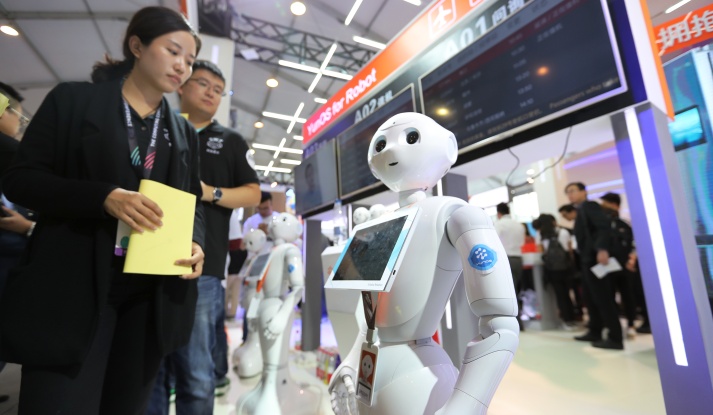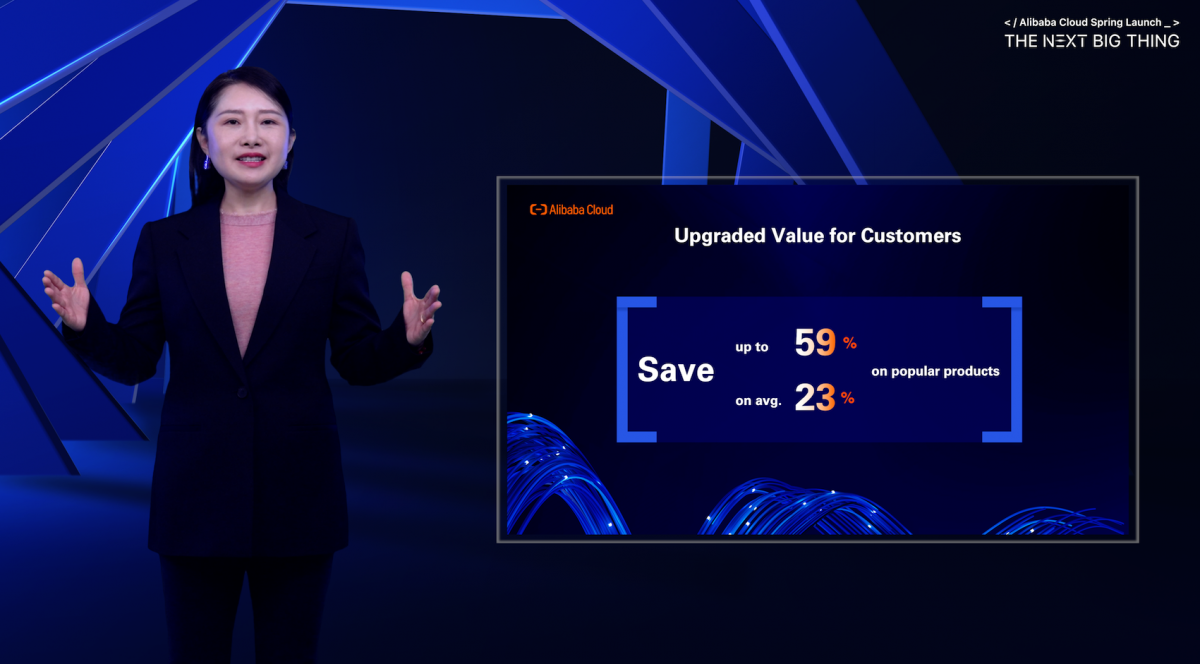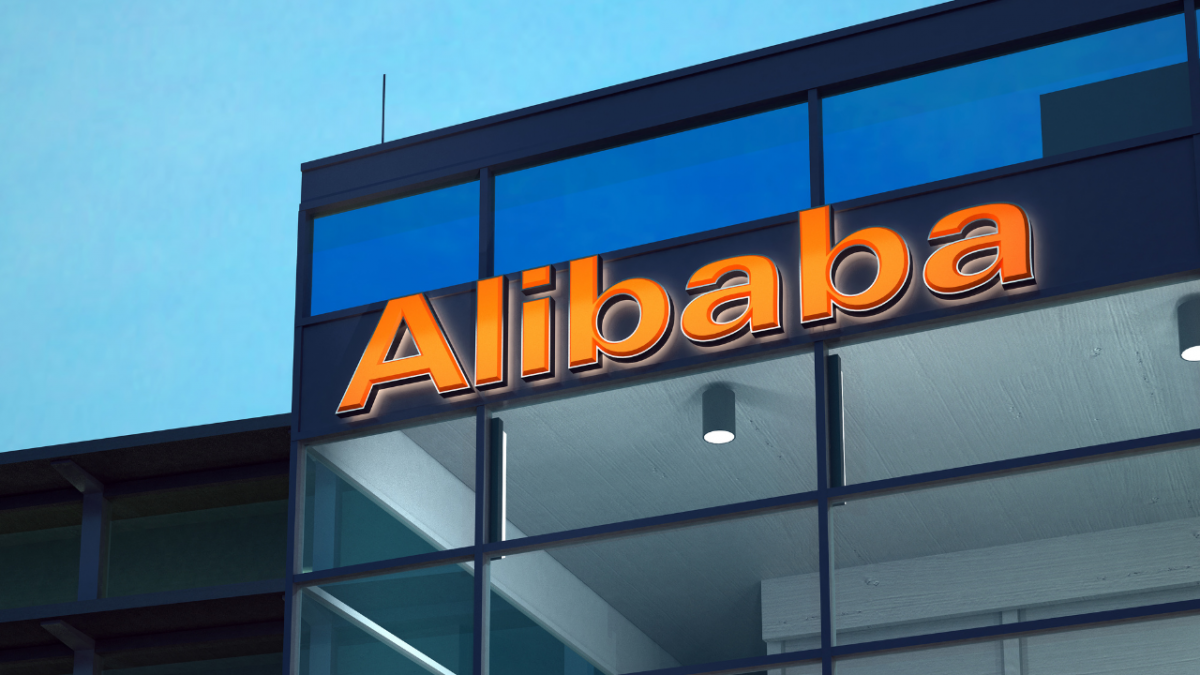
After fielding a cloud-based operating system for smartphones five years ago, Alibaba Group has ambitious plans to turn its YunOS software into an industry standard for the world’s emerging smart-devices industry and Internet of Things (IoT) era.
At a company sponsored cloud-computing conference held in Hangzhou, China, Alibaba today announced it is working with tech giants HP and Intel to launch a tablet computer running YunOS. With features targeted at the education market, the “YunOS Book” tablet’s unveiling is the latest sign that Alibaba’s internally developed software is gaining increasing interest and support from heavyweight tech hardware manufacturers where none existed before.
Once a distant also-ran in China’s smartphone landscape, today YunOS has found its way into more than 100 million mobile devices, smart home appliances, smart TVs and even a humanoid robot, according to YunOS officials (YunOS is also the name of an Alibaba Group business unit with more than 1,000 employees that is overseeing the software’s development and marketing). On the strength of those numbers, YunOS became the third-largest smartphone platform in the world in the fourth quarter of 2015, behind only Google’s dominant Android and Apple’s iOS, according to Sino Market Research.
Conceived as a cloud-based OS for mobile phones, YunOS launched in 2011 after three years of development by Alibaba. It was offered to Chinese mobile phone manufacturers as an alternative to operating systems developed by the U.S. tech giants. At the outset, Alibaba was able to convince a few lesser-known Chinese brands to install the system. But for several years it made little headway against entrenched competitors, reaching just one million shipments by May 2012, a year when some 213 million smartphones were sold in China.
Instead of giving up, Alibaba continued to promote and develop the software—crucially, not as a system for smartphones alone, but for a host of connected, smart devices that have been arriving on China’s tech scene.
YunOS was built to work in a cloud environment in which end-user devices act as nodes on a network, constantly sharing information with and “borrowing” software programs and computational power from the cloud. This distinguishes YunOS from the most widely used smartphone operating systems, which have cloud functions but rely mainly on CPUs and memory on individual handsets to run programs and store data.
The decision to adopt a cloud architecture is turning out to be farsighted. It positions YunOS as foundational software for a distributed-computing world, helping to enable several emerging technology fields: the Internet of Things (IoT), in which smart devices are able to communicate with users and each other via the cloud; connected, smart automobiles; and digital content distribution through smart TVs.
“We want YunOS to be the ‘go-to’ operating system for China’s smart industry,” said Aiden Yong, YunOS product director.
This is not an idle wish. Alibaba is pushing beyond its e-commerce roots into the aforementioned fields, with YunOS playing a fundamental role. YunOS developers are working with more than 1,000 partners in China’s information industry; the OS now powers some 15 types of smart hardware including smartphones, connected wearable electronics such as smart watches, vehicle navigation systems, medical equipment, motion-sensing game consoles, and smart home appliances.
Most of these devices are little known outside of China—or within China for that matter. The country’s IoT industry is in its infancy. But here are some areas where YunOS has made inroads:
Smart homes and smart TVs. More than 10 million set-top boxes and smart, internet-connected TVs from brands such as Lenovo and Skyworth have been sold with YunOS installed. Alibaba today announced that leading Chinese consumer-electronics maker Haier and Japanese electronics giant Sharp have signed up to install YunOS in their smart TVs.
Beyond the living room, YunOS is also running on branded smart appliances such as Haier kitchen ventilation fans and Midea smart refrigerators, forming the nucleus for a cloud-based smart home industry.
Smart devices in the workplace: Today’s announcement of a strategic collaboration with HP and Intel to produce a tablet computer running YunOS for schools and universities marks the establishment of a new product category within the company called “YunOSforWork.” YunOS has already teamed up with Intel and Foxconn to develop specialized, cloud-based tablet computers for the logistics industry. The software has also been installed in medical equipment and attendance management systems.
Alibaba has far-reaching plans to spread the system in the workplace—even to robots. The company today announced the adoption of YunOS by Alibaba Robotics, a China joint venture between Alibaba Group and Japan’s SoftBank Group. The JV said YunOS would be used in versions of Softbank’s “Pepper,” a humanoid robot with potential business applications that is currently under development.
Connected cars. Earlier this year, Alibaba announced a partnership with SAIC Motor, one of China’s most prominent carmakers, to install YunOS in the RX5 SUV, the world’s first Internet-connected car made for mass production. Angling to make YunOS an industry standard, Alibaba is talking with auto manufacturers worldwide, meaning the company is competing with Apple’s CarPlay and Google’s Android Auto systems. “This is a potentially huge market and no one has really entered it yet,” Yong said.
Mobile internet. YunOS made significant headway in the smartphone market in 2015 and 2016. As of May 30 (the most recent figures available), activated YunOS smartphones totaled over 70 million, with some 17 million activations in the first quarter alone. Company officials say they expect to see shipments of YunOS phones reach 100 million by the end of the year.
The growth of YunOS has been aided in part by Alibaba’s investment in rising Chinese smartphone manufacturer Meizu, which claimed to be the world’s fastest-growing mobile phone brand in 2015. Meizu installed YunOS in versions of its flagship Metal phone.
The software has also gotten a boost from strong sales of cheaper YunOS smartphones in China’s smaller, less affluent cities, and by the expansion of faster 4G networks throughout China by the country’s mobile carriers, according to YunOS officials. For a cloud-based system, faster network speedsresult inimproved user experiences. Now that China has more than 530 million people using 4G services, network speed “is no longer an issue” Yong said.
Alibaba does not charge licensing fees to manufacturers who install YunOS. Instead, the company seeks to make its OS an open platform for the development and sale of cloud-based services. These services (think of them as the cloud equivalent of apps) generate revenue both for Alibaba and for hardware manufacturers that install YunOS—and the more popular particular services become, the faster the system’s user base expands.
“We don’t have a killer app,” Yong said, “but we have killer services” such as cloud-based e-mail, Web search, digital payments, weather updates, and GPS navigation tools.
“For smaller manufacturers that don’t have a lot of tech background, we can help them reduce the cost of developing cloud services for their phones,” Yong explained. For example, installing Alibaba’s OS allowed Meizu to sell a phone offering YunOS “One Search” technology, which makes customized search recommendations based on a user’s preferences for videos, games and apps.
Manufacturers “want to make money after they sell the phone by selling additional services,” Yong said. “We provide those services and help them develop others, and share the revenues with our partners.”
Another example: using a smart, internet-connected refrigerator generates revenue for Alibaba’s cloud-computing subsidiary, Alibaba Cloud, as well as the manufacturer because small fees are charged for all the data exchanged by the fridge over the Alibaba Cloud network. Through the ‘fridge, users can also place online food orders through Alibaba’s Tmall Supermarket for home delivery, generating additional revenue for Alibaba, food merchants, logistics companies and the manufacturer.
“YunOS is the bottom layer in all these smart devices,” Yong said. “It helps the hardware and services to work together, it can link different devices together. When you connect many different devices, you can get different type of users and better services.
“That’s why we’re really getting excited,” he said. “There are so many different categories in the IoT area. We can only imagine what will appear tomorrow.” Yong is likely imagining that whatever the smart device, it will run on YunOS.




